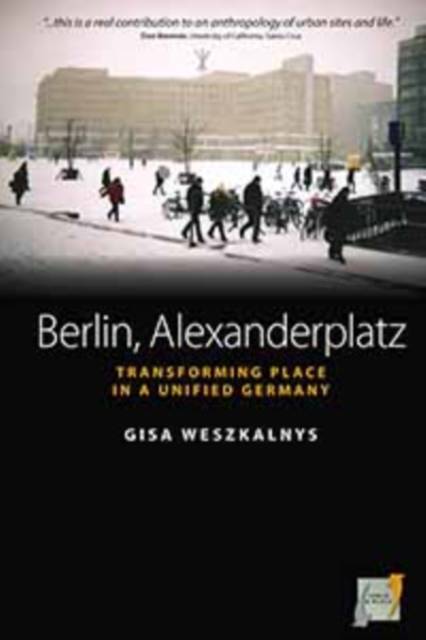
- Retrait gratuit dans votre magasin Club
- 7.000.000 titres dans notre catalogue
- Payer en toute sécurité
- Toujours un magasin près de chez vous
- Retrait gratuit dans votre magasin Club
- 7.000.0000 titres dans notre catalogue
- Payer en toute sécurité
- Toujours un magasin près de chez vous
Description
A benchmark study in the changing field of urban anthropology, Berlin, Alexanderplatz is an ethnographic examination of the rapid transformation of the unified Berlin. Through a captivating account of the controversy around this symbolic public square in East Berlin, the book raises acute questions about expertise, citizenship, government and belonging. Based on ethnographic fieldwork in the city administration bureaus, developers' offices, citizen groups and in Alexanderplatz itself, the author advances a richly innovative analysis of the multiplicity of place. She reveals how Alexanderplatz is assembled through the encounters between planners, citizen activists, social workers, artists and ordinary Berliners, in processes of popular participation and personal narratives, in plans, timetables, documents and files, and in the distribution of pipes, tram tracks and street lights. Alexanderplatz emerges as a socialist spatial exemplar, a 'future' under construction, an object of grievance, and a vision of robust public space. This book is both a critical contribution to the anthropology of contemporary modernity and a radical intervention in current cross-disciplinary debates on the city.
Spécifications
Parties prenantes
- Auteur(s) :
- Editeur:
Contenu
- Nombre de pages :
- 226
- Langue:
- Anglais
- Collection :
- Tome:
- n° 1
Caractéristiques
- EAN:
- 9781845457235
- Date de parution :
- 01-05-10
- Format:
- Livre relié
- Format numérique:
- Genaaid
- Dimensions :
- 156 mm x 234 mm
- Poids :
- 498 g

Les avis
Nous publions uniquement les avis qui respectent les conditions requises. Consultez nos conditions pour les avis.






